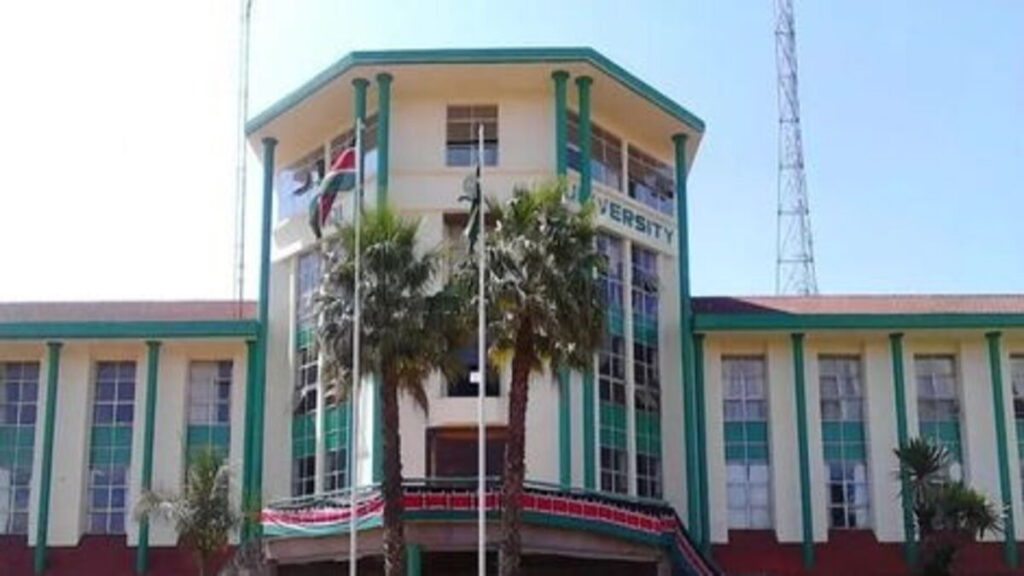Medical students at Moi University are living through a nightmare that seems to have no end. Their dreams of becoming doctors have turned into a nine-year ordeal. The standard six-year medical programme has stretched into an endless wait.
These aspiring doctors have watched helplessly as their education timeline extends year after year. Multiple strikes and administrative challenges have created a perfect storm of delays. The situation has left many questioning their career choice.

Moi University in Kesses, Eldoret, Uasin Gishu County.Courtesy photo
The impact on student morale has been devastating. Many are losing hope of ever completing their medical education. Their frustration grows as they approach yet another year without a clear graduation date.
“We’ve spent almost a decade in medical school,” shares one affected student. The emotional toll of this prolonged wait weighs heavily on the students. Many have seen their younger siblings complete their education and start careers.
Financial strain adds another layer of burden to these struggling students. Extended years mean additional fees and living expenses. Some families have exhausted their savings trying to support their children’s medical education.
The disruptions began with occasional strikes that seemed manageable at first. However, these interruptions became more frequent and longer-lasting. Administrative issues compounded the problems, creating a cycle of endless delays.
Regular academic schedules have become almost non-existent. Students report long periods without classes or practical sessions. This inconsistency has severely affected their learning experience and professional development.
The university’s medical programme once held high esteem in Kenya’s education system. Now, it faces serious questions about its ability to produce doctors efficiently. The current crisis threatens to damage its reputation permanently.
Parents have expressed deep concern about their children’s future. Many invested heavily in what they believed would be a six-year programme. The extended timeline has forced families to revise their financial plans dramatically.
The psychological impact on students cannot be understated. Many report feeling stuck in a time loop. Their peers from other universities have graduated and started their medical careers.
Some students have considered transferring to other institutions. However, the complexity of medical education makes such moves nearly impossible. They feel trapped in their current situation.
Support systems for these struggling students appear inadequate. Mental health concerns are rising among the affected students. The uncertainty about their future contributes to increasing anxiety levels.
The situation raises questions about medical education management in Kenya. Stakeholders wonder how a professional programme could face such severe disruptions. The case highlights deeper issues within the country’s higher education system.
Clinical training has suffered significantly during this period. Students worry about the gaps in their practical experience. These concerns could affect their competence as future medical practitioners.
The university’s administration has yet to provide clear solutions. Students report feeling abandoned by those meant to guide their education. Communication about the way forward remains unclear.
Local healthcare facilities that depend on graduating doctors face challenges too. The delay affects their staffing plans and service delivery. This creates a ripple effect in the region’s healthcare system.
Current first-year medical students watch this situation with growing concern. They wonder if they too will face similar delays. The crisis threatens to affect multiple batches of medical students.
Despite these challenges, some students maintain hope for resolution. They continue pushing for administrative action and clear timelines. Their determination reflects their commitment to their chosen profession.
The situation requires urgent intervention from education authorities. Kenya’s medical sector cannot afford such delays in producing new doctors. The country’s healthcare system depends on a steady supply of medical graduates.
The crisis at Moi University serves as a warning about systemic issues. It highlights the need for better management of medical education programmes. Future generations of medical students deserve better protection from such disruptions.



















